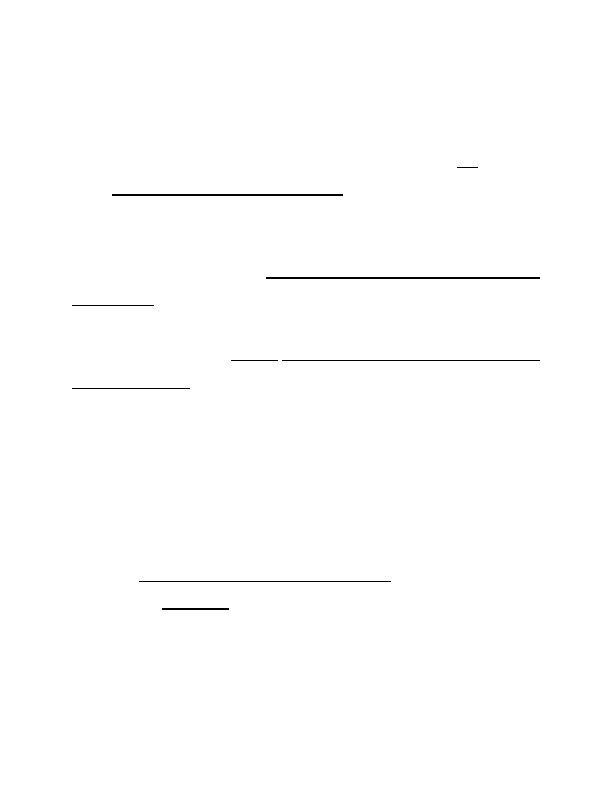
application were allowed, anyone who discussed ways to balance market risks in any
sort of commodity could face potential infringement liability. By adopting overly
expansive standards for patentability, the government enables private parties to impose
broad and unwarranted burdens on speech and the free flow of ideas. See Thomas F.
Cotter, A Burkean Perspective on Patent Eligibility, 22 Berkeley Tech. L.J. 855, 880-82
(2007) (arguing that overly expansive patent eligibility standards can result in the
granting of patents that threaten free speech, privacy and other constitutionally-
protected rights); John R. Thomas, The Future of Patent Law: Liberty and Property in
the Patent Law, 39 Hous. L. Rev. 569, 589 (2002) (arguing that “the patent law allows
private actors to impose more significant restraints on speech than has ever been
possible through copyright”); see also Cent. Hudson Gas & Elec. Corp. v. Pub. Serv.
Comm’n of New York, 447 U.S. 557, 569-70 (1980) (The First Amendment mandates
that restrictions on free speech in commercial transactions be “no more extensive than
necessary.”).
To the extent that business methods are deemed patentable, individuals can face
unexpected potential infringement liability for everyday conversations and commercial
interactions. “[I]mplicit in the Patent Clause itself [is the understanding] that free
exploitation of ideas will be the rule, to which the protection of a federal patent is the
exception.” Bonito Boats, Inc. v. Thunder Craft Boats, Inc., 489 U.S. 141, 151 (1989).
In the wake of State Street, too many patent holders have been allowed to claim
exclusive ownership of subject matter that rightfully belongs in the public domain.
2007-1130
20

